With the worst of the pandemic hopefully behind us, I often get asked about the top SME banking trends to come. Our global data points to several – three of which I highlighted at Efma’s latest SME Banking Awards event.
Support “mobile first”
RFI Global’s data on channel preferences shows the pandemic expedited the shift towards digital channel usage. But the detail indicates there was more of a shift towards mobile than internet banking. In fact, countries like China are already ‘mobile first’. Hong Kong and India are not far behind.

Customers are also expecting more functionality and faster access. RFi data shows SMEs’ overall satisfaction increasingly tied to how easily they can log in, how fast they can complete their banking tasks and how reliable it all is.
Beyond the standard digital channels, appetite for live chat and video chat has also risen, a natural second order impact from the rise of home work.
SMEs still value a human connection: A vast majority (67%) think that AI chat bots will never replace humans and almost half (44%) feel that when it comes to negotiation, branches offer a better setting.

Sustainability matters
Banks around the world are starting to put sustainability at the core of their long-term strategy. But does sustainability matter to SMEs when choosing their bank?
When asked about what matters when choosing a primary bank, SMEs will typically place sustainability lower, after pricing, advisory, and lending products. However, when asked about top reasons for completely avoiding a brand, sustainability becomes a top factor. Thus, banks who don’t build sustainability credentials risk being out of the consideration set.
Furthermore, RFi Global data indicates sustainability credentials can help financial institutions drive higher net promoter scores, especially in Canada, Singapore, but also in India.
Provide expert advice

Against the backdrop of Covid-19 and war in Ukraine, SMEs around the world cite supply chain management as one of their top challenges. Many have shifted their linkages with foreign markets and they need additional support, not just in the form of products and digital, but advisory.
Globally, they cite proactive advisory and access to expertise as one of the key gaps in their banking relationship. This offers an opportunity for banks to leverage their regional or global networks to provide SMEs with guidance. Banks also need to consider how to distribute advice. Where access to RMs and experts does not make economic sense, digital may be the answer, through educational webinars, articles, and networking opportunities.

.






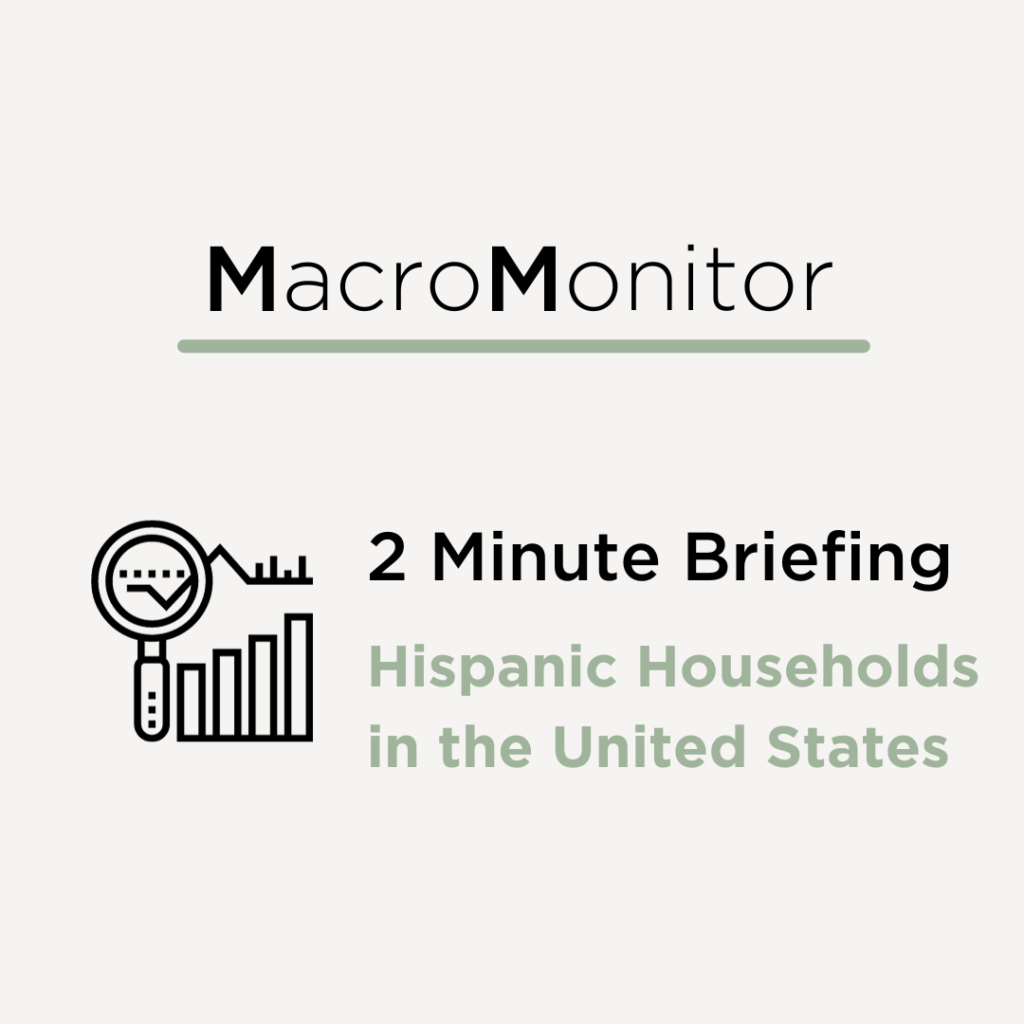













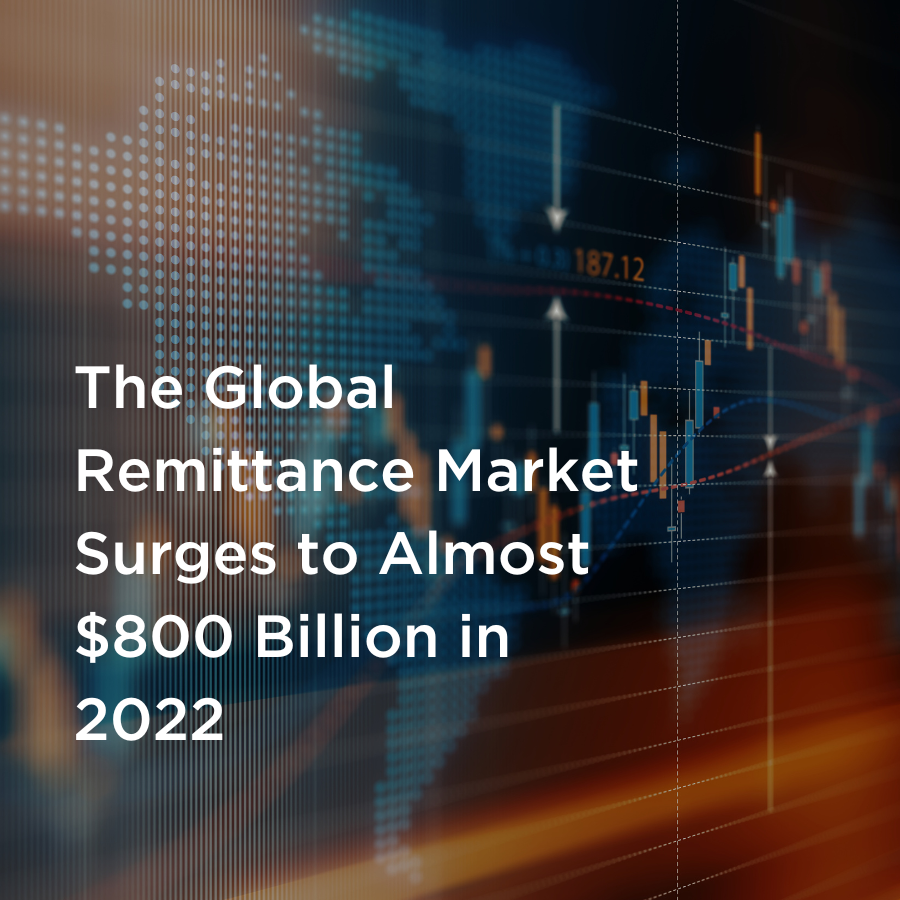





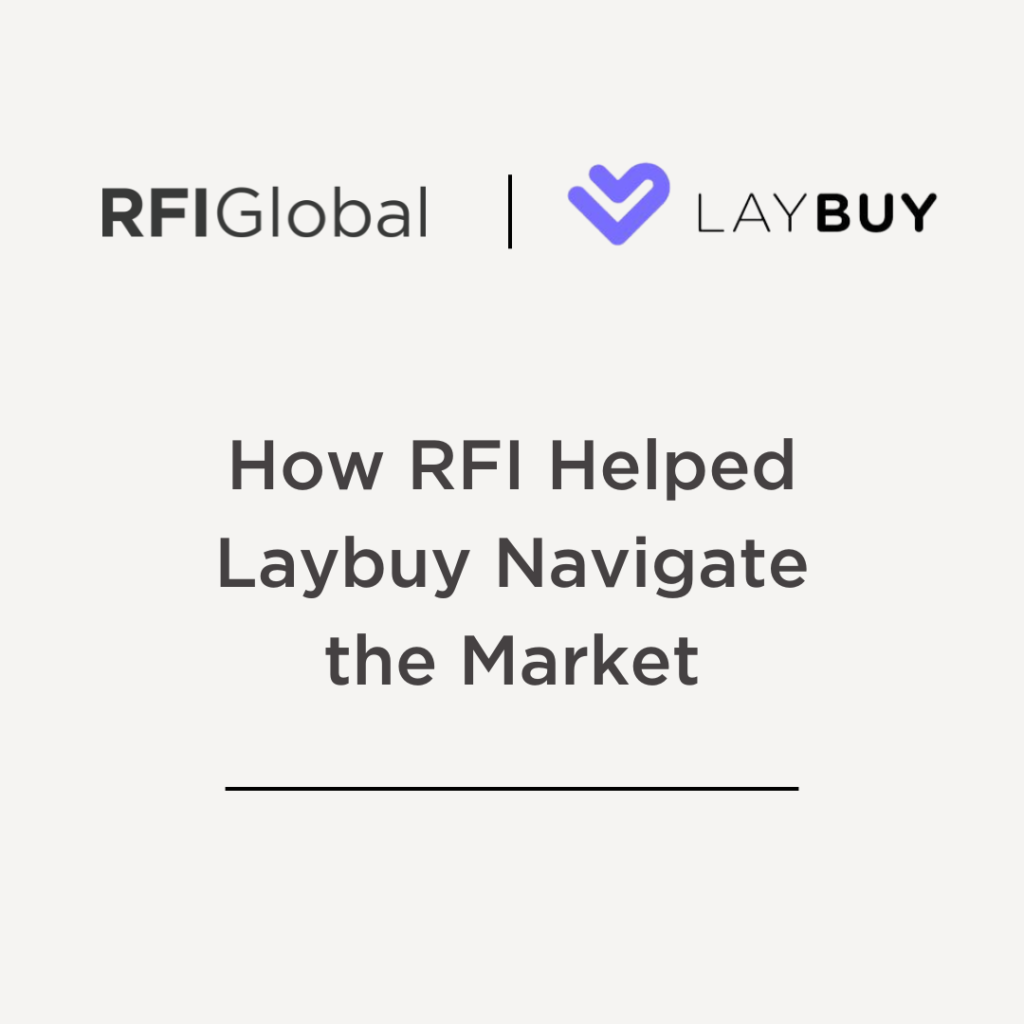








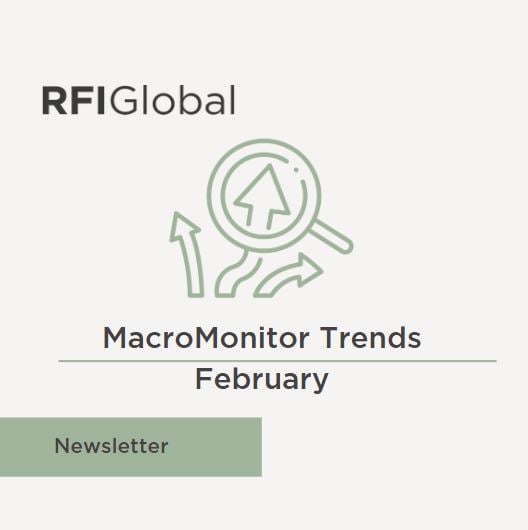


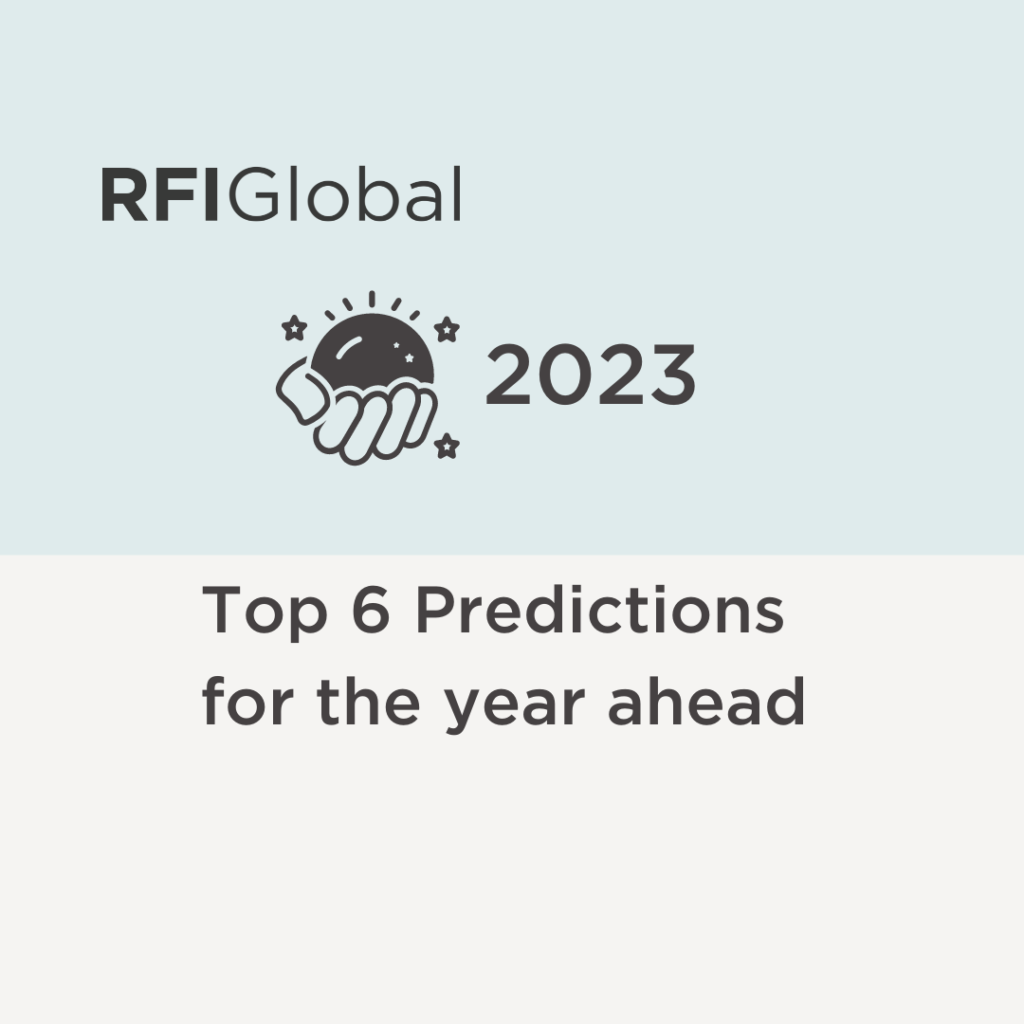
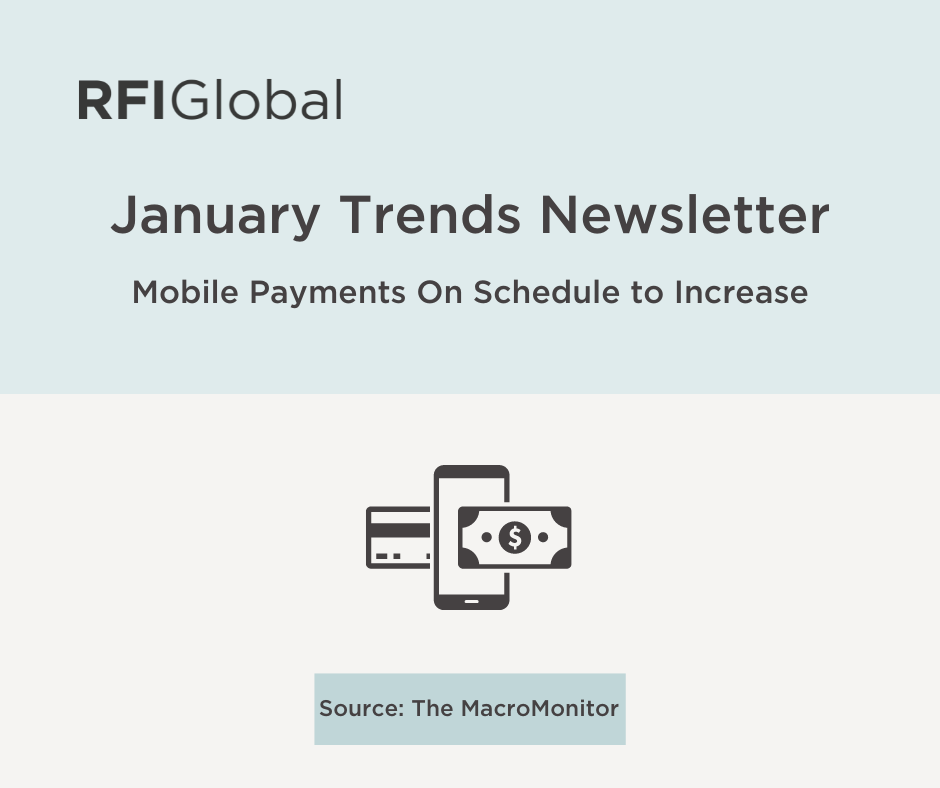
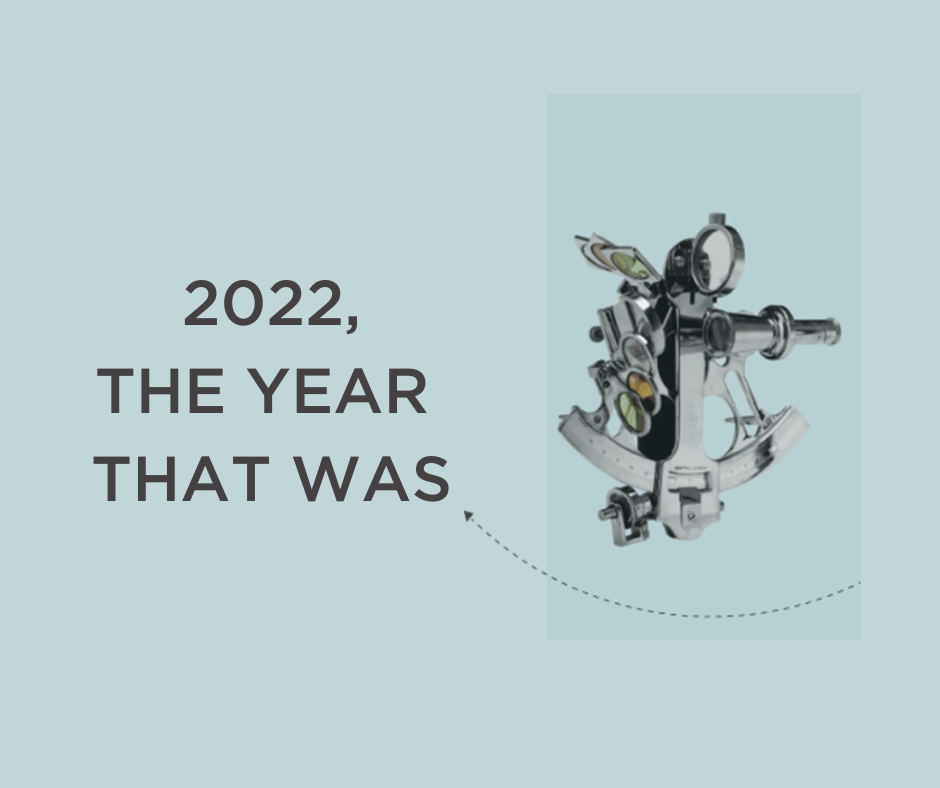




























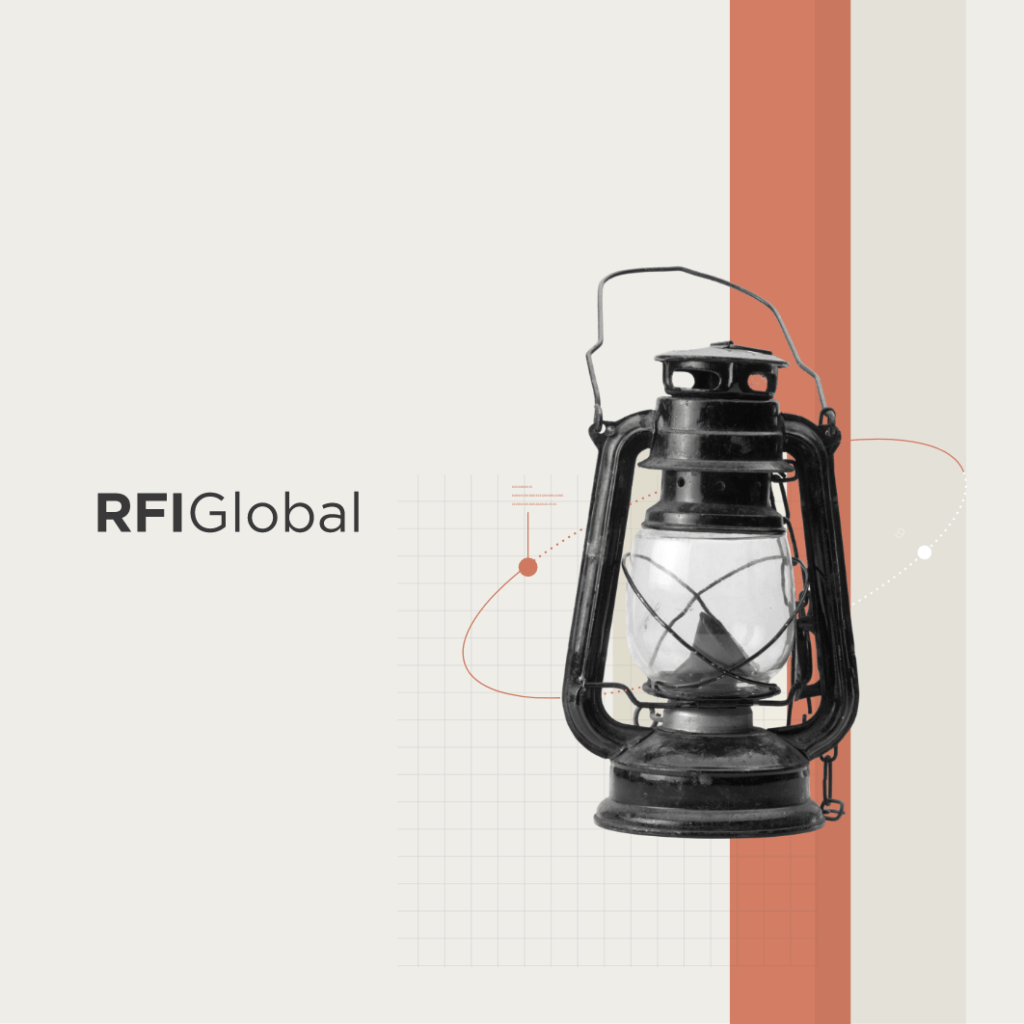

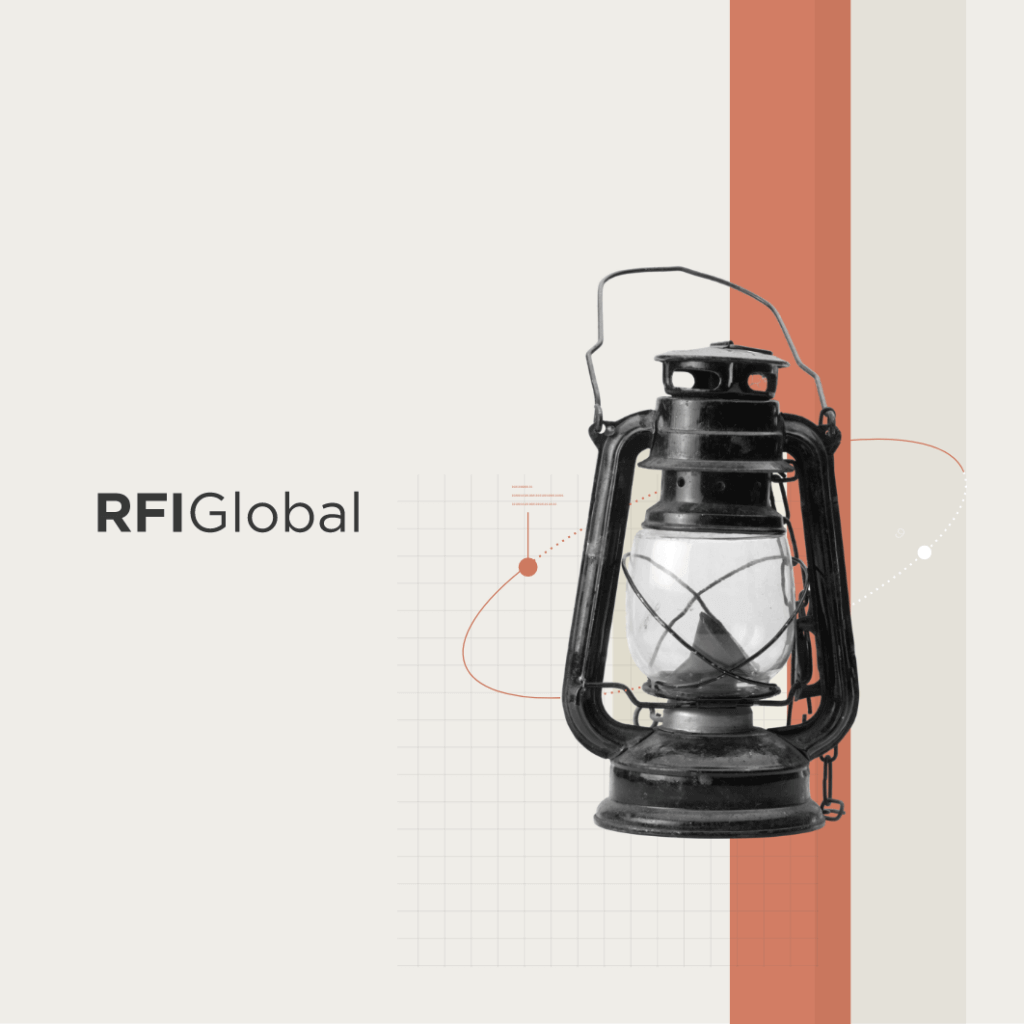
/NQA-ISO-27001-Logo-UKAS.jpg)